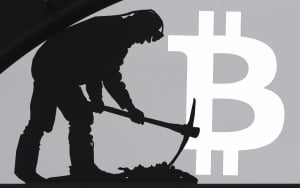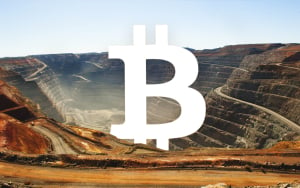A new TokenAnalyst report sheds light on the grim state of the Bitcoin (BTC) network.
The London-based blockchain analytics startup found out that only five China-based mining pools control a staggering 49.9 percent of the coin’s total hashing power.
Bitcoin’s China problem
The fact that China, the country with a very authoritarian government, holds sway over Bitcoin is nothing new. As of December 2019, it was responsible for 66 percent of the total hashrate after its share increased by about six percent in just six months.
This is an alarming trend for those who strongly believe that Bitcoin is a decentralized digital currency.
However, the problem goes deeper than that — if these five entities were to merge into one, they could perform a 51 percent attack, thus forcing reorganization in the Bitcoin blockchain.
Are these concerns overblown?
While it’s hard to argue with statistics, Chinese mining pools might not be that big of a threat to Bitcoin. It is important to note that one shouldn’t confuse mining pools with actual miners. If miners decide to wreak havoc with the network, their blocks will be rejected by nodes.
On top of that all, trying to attack the Bitcoin network is very expensive. Messari recently estimated that it would cost around $21 mln to attack the Bitcoin network only for one day.
Disclaimer: The opinions expressed by our writers are their
own and do not represent the views of U.Today. The financial and market information
provided on U.Today is intended for informational purposes only. U.Today is not
liable for any financial losses incurred while trading cryptocurrencies. Conduct
your own research by contacting financial experts before making any investment
decisions. We believe that all content is accurate as of the date of publication,
but certain offers mentioned may no longer be available.

